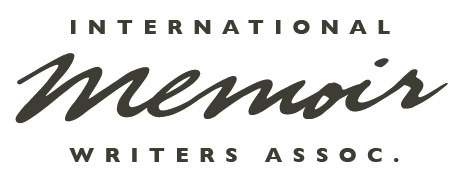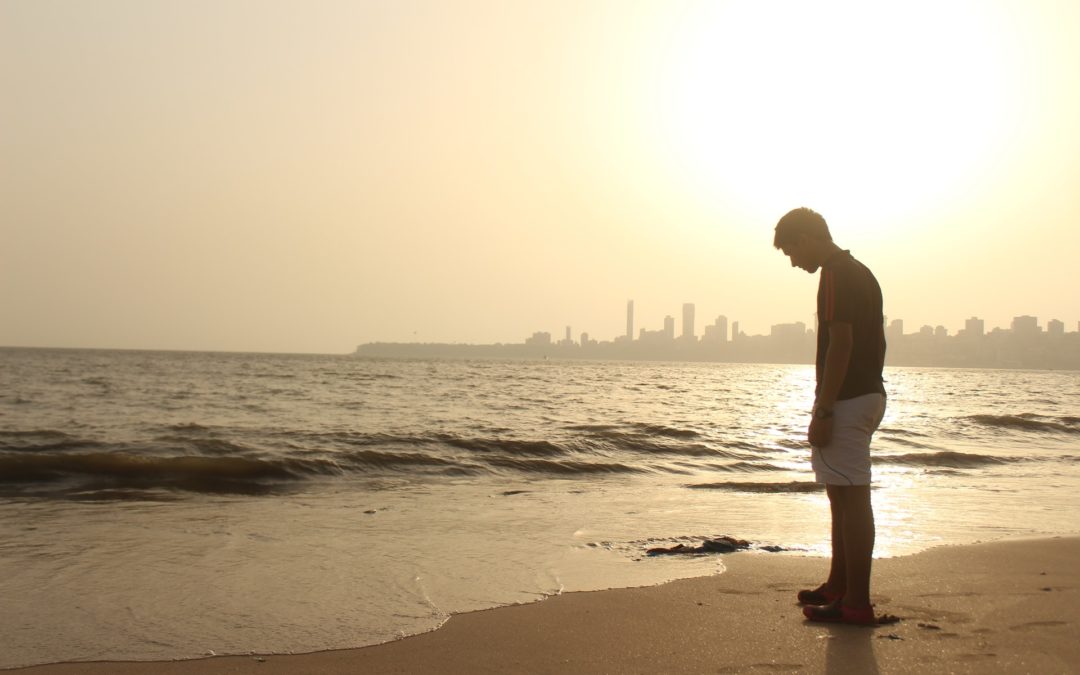Written by Madonna Treadway
Studying the Research
A few years ago, while doing research for my book 6 Healing Questions, A Gentle Path to Facing Childhood Loss of a Parent, I began studying the leading thinkers on grief and loss. I was hoping to find a clearly defined path from grief to healing. I wanted to better understand the process, and I wanted to know what the experts considered the “right way” to travel that path through grief. Furthermore, I thought that maybe I could then do grief and loss right, or at least do it better. In the most traumatic of ways, I had lost both of my parents before the age of eight. I knew that I had experienced a lot of healing and I thought with research I would be able to communicate just how that healing had taken place. What I found out, however, wasn’t clear; in fact, it was highly confusing and downright overwhelming.
First, there simply wasn’t a concrete consensus about how one travels along a healing journey. Some researchers saw the grieving process as a series of steps. Some saw it as series of tasks or seasons. Still others argued over the very definition of ongoing bereavement. In the end, I found lots of varying approaches, but no clear guidelines or path. This was surprising and confusing, as I expected the experts to agree.
Then I began delving into information about the different types of grief. Again, there was no clear agreement on the definitions of the different types of grief. And when I threw in what I learned about the mental health codes in the DSM-V that therapists use to diagnose bereavement, I got even more lost.
But wait, even after all the confusion, there was another hidden danger, and I was about to get officially freaked out. As I diligently did my research, I learned that if you have experienced the violent death of a loved one (this includes homicide and suicide), you may be more prone to delayed grief and post-traumatic stress disorder (PTSD). If you experienced this as a child, PTSD is even more likely, as your grieving process was probably interrupted because of your age. This may create seriously negative consequences in your life and behavior. Serious. Negative. Consequences.
Like what, you may ask.
Like addiction, serious food-related medical disorders, serious mental health issues, and higher rates of depression and even incarceration, just to mention a few. As I continued to read, I began to feel my chest tighten. It was beyond upsetting.
Freaking Out
Without my permission, my brain began recounting my early experience of my father’s sudden death. My heart beat faster and faster. My mind reeled. And my body felt—well, it was a cross between feeling frozen and feeling terrified. A panic attack seemed imminent. Was I going to develop a serious mental health issue? Would depression or anxiety overtake me?
I told myself to put down the research and focus on my breath. One breath at a time.
That night, I found myself shocked by my reaction. It was as if some part of me was fearful for my younger self. I was terribly afraid of what could have happened to me. This fear seemed illogical, and I felt odd even admitting this. I was clearly still a bit freaked out.
So I did more breathing. Then . . .
I reminded myself that I was okay. And I decided that I needed to put down the research and take a break.
I backed off. I stopped writing for several weeks. I absorbed what I discovered and spent some time on self-care. Long walks and warm baths interspersed with my normal busy life. I spent time meditating and visualizing my child self on a safe path. My little dog Auggie gave me lots of sweet snuggles. My shock faded. I began writing again with valuable information about my topic and myself.
As I processed what I had learned, I also looked at the evidence of my current life.
I had not developed any of the serious disorders that were mentioned. I knew I had experienced delayed grief and trauma, yet I eventually processed it in healthy ways like therapy and dream work. I had done so much therapeutic work on myself that I felt I was finally ready to share what I had learned with others through a book.
My advice? Do the research but don’t take it as gospel. Turns out my truth was my truth and that was all that mattered. And if you ever find yourself knee deep in overwhelm, take a well-earned break. Put the writing down. Enough with the research. Get out into nature. Remind yourself of the life you are living now and all that is beautiful and possible. And I highly suggest having a really cuddly dog on hand.

